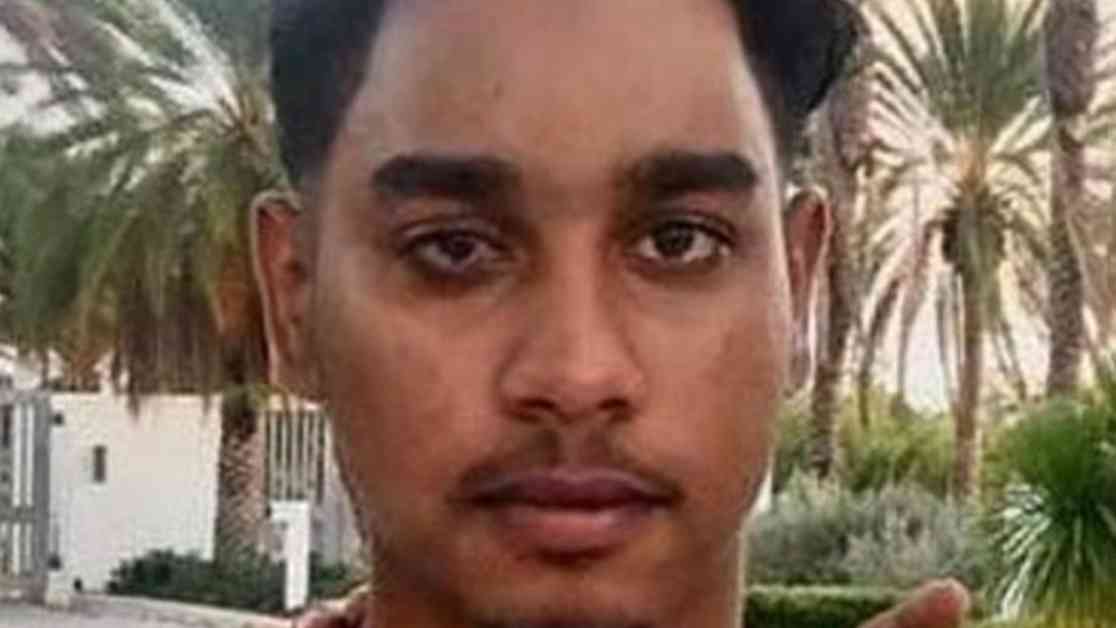The West Midlands Police have been delving into the factors behind the alarming rise in knife crime, shedding light on the heartbreaking stories of victims like Shawn Seesahai. Shawn, a 19-year-old with dreams of pursuing a career in engineering, was brutally murdered by two 12-year-old boys in Wolverhampton. His sister Shana, who recalls his loving nature and protective instincts, is still grappling with the shock and tragedy of losing him. The incident, which occurred the day before Shawn was set to begin his studies in Birmingham, has left a profound impact on his family and community.
Shana Seesahai remembers the last conversation she had with her brother, where he expressed his love for her before his untimely death. The senseless act of violence that took Shawn’s life has left Shana and those who knew him questioning how such young individuals could commit such a heinous crime. The perpetrators, whose identities remain undisclosed due to legal reasons, will face sentencing later this year, marking them as the youngest knife killers in the UK.
Adam, a 14-year-old who knew the boys responsible for Shawn’s murder, expresses his shock and disbelief at their actions. He reflects on the prevalence of knife-carrying among youth in the area, citing instances where he felt compelled to arm himself for protection. The pervasive nature of this behavior underscores the urgent need to address the root causes of violence among young people in the West Midlands.
Inspector Colin Gallier of West Midlands Police’s youth violence and knife crime team emphasizes the role of social media in exacerbating tensions and inciting violence among youth in the region. While gang activity is often linked to knife crime, Shawn’s case highlights the randomness and senselessness of such attacks. The issue of poverty and deprivation is also cited as a contributing factor, as young individuals may resort to violence out of desperation or a desire to acquire material possessions.
Malachi Nunes, a mentor working with at-risk youth in the West Midlands, stresses the importance of addressing the underlying socioeconomic issues that drive young people to carry knives. He underscores the need for interventions that provide support and guidance to vulnerable individuals, steering them away from a path of violence and crime. The complexities of the situation demand a multifaceted approach that tackles systemic inequalities and provides opportunities for growth and development.
On the ground, Inspector Gallier and his team encounter the grim reality of knife crime as they apprehend a 15-year-old boy found in possession of a dangerous weapon. The boy’s history of being a victim of street robberies highlights the cyclical nature of violence and the need for comprehensive strategies to break this cycle. The challenges faced by law enforcement in addressing knife crime underscore the urgency of community engagement and support in creating safer environments for young people.
As the West Midlands grapples with the scourge of knife crime, the stories of individuals like Shawn Seesahai serve as a stark reminder of the human cost of violence. By addressing the root causes of this issue and providing resources for at-risk youth, communities can work towards creating a safer and more inclusive society for all. The tragic loss of Shawn and others like him must not be in vain, but rather a call to action for meaningful change and lasting solutions to the epidemic of knife crime plaguing our communities.













